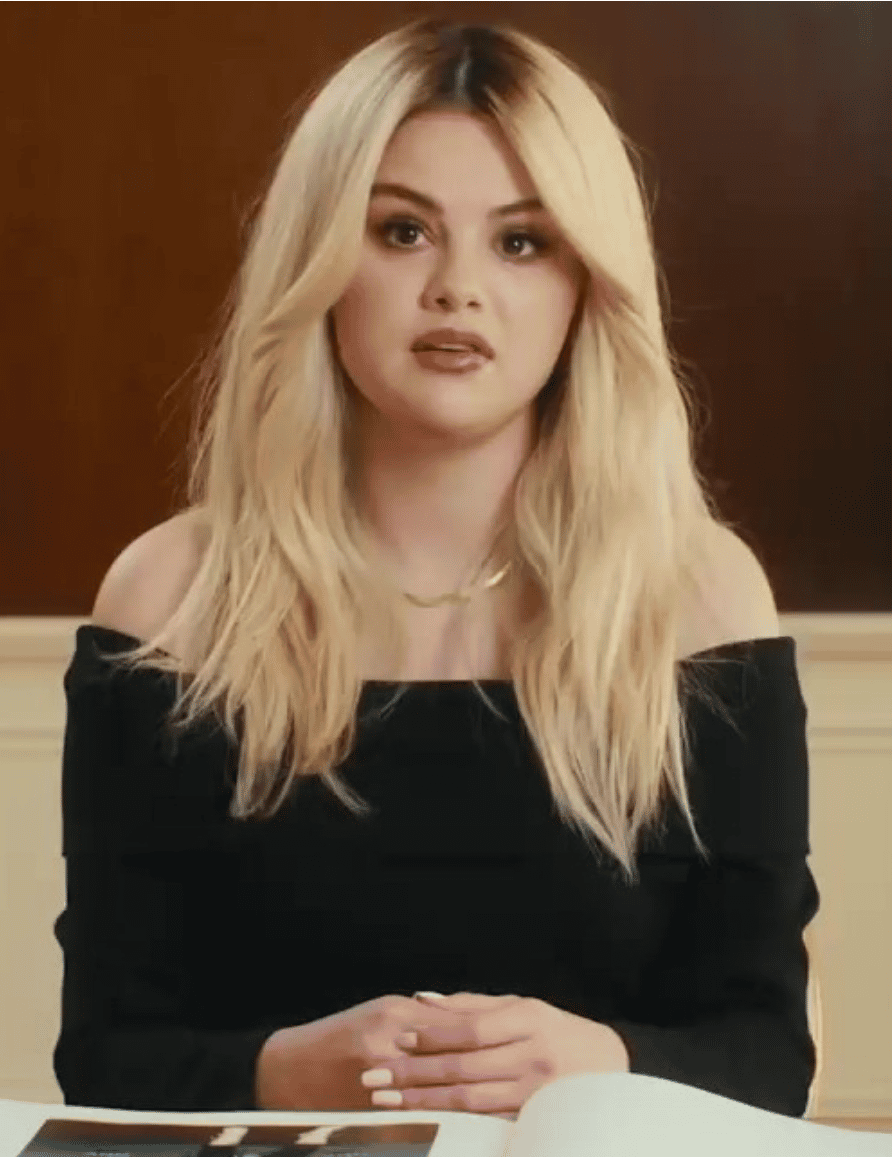I'm sure you've heard of the phrases “summer bikini bod” and “summer bod” used by many influencers to promote their videos. Believe it or not, these comments and phrases negatively impact your body image.
Don't believe me?
What is a "summer" body?" It is the documentation of diet and workout regimens to create the “perfect” body, or the most attractive body for summer attire. This stigma comes from the days of thinspiration and is very destructive. There is so much pressure to look a certain way, to fit a certain body type. This encourages food restriction, excessive workouts, and donating blood because it burns calories. This last fact was quite alarming to me, all of these things are extremely hard on your body - all because you want the “perfect body.”
A ‘summer body’ has all to do with achieving a certain look to be notices and viewed as attractive. Healthy eating may result in not achieving the ‘perfect body’ as there is no succh thing. It is an unreachable height that is put in place to shame others when they have not met it
- David Tzail, PSY.D

Credit: Jonathan Borba from Unsplash
Let us slide into your dms 🥰
Get notified of top trending articles like this one every week! (we won't spam you)The Comparison Game is Real
The biggest issue with social media and body image is our human need to compare ourselves with others. Whether we mean to or not we do it. Comparing body sizes and shapes or how well someone does something.
A common instance of this is “what I eat in a day” videos. These are everywhere, every social media platform has these videos and some are realistic while others are disturbing. After watching these videos you might start wondering if you're eating enough or too much. You start mentally comparing your daily meals with theirs. Oftentimes you may make a decision to eat more or less based on these videos. Not everyone falls victim to this but a good amount of us do. Thoughts of comparison can be very sneaky, you might not realize they are even there. It's a habit that can really send our self-esteem spiraling along with our body image.

Credit: Chris Ralston from Unsplash
I see a lot of videos on YouTube promoting workouts to get you a “model” body. Personally, I don't want to be a model but watching those videos breaks my heart. So many of those influencers degrade the body they had before they started intensive diets and workouts.
What's even sadder is by them saying these things about themselves they influence their viewers who have similar body types and sizes. Comparison is a scary thing that can easily send you down a rabbit hole if you aren't careful.

Take the Quiz: Discover Your Ideal Stress-Relieving Hobby
Everyone deals with stress differently, and finding the right hobby can help you relax and unwind. Take this quiz to find out which stress-relievin...
What is Real vs. What Isn't
Social media makes it hard to tell what is real and what has been edited to look real. Have you seen workout videos that show you before and after photos? Some of these compilations show small, subtle changes, while others show crazy, unbelievable results that make you want to try the workout.
I have experienced this a few times, and last summer I decided to try a workout and see if I got the same results. I tried a “Get abs in 2 weeks” challenge because I wanted abs quickly. I followed the workouts and did them every day for 2 weeks.
My before and after photos looked suspiciously the same. At the time, I was disappointed and at one point I thought something was wrong with my body. There was nothing wrong with me, there could have been so many reasons why the challenge didn't work. I think that it's a clickbait title with edited before and after photos. Along with the fact that everyone's body doesn't work the same, so you can't guarantee someone abs in 2 weeks with a generic video for everyone.
Trolls and Not the Cute Ones
Social media is an outlet for so many different types of people and opinions. One thing that can destroy someone's body image is trolls, and as the title says, not the cute, singing, colorful trolls. They are trolls that tear people down and critique their bodies and looks.
I was reading old celebrity magazine headlines the other day, and I saw an article about Taylor Swift that commented on her stomach not being completely flat. The journalists used the photos to propose the idea of her being pregnant. Their “evidence” was the images of her stomach.
I'm sure this hurt her in some way and I'm sure she was quite confused at first because she wasn't pregnant. Trolls are a master of disguise.
Another celebrity who suffered from trolls is Selena Gomez. She once posted pictures from a photoshoot on Instagram for her fans. Some of the comments that she received weren't very nice.
Trolls were commenting on her weight gain and her appearance. This was definitely uncalled for, but it happened. Selena Gomez has come out, many times and has spoken about her body, and how she accepts it for the way it is regardless of trolls.

Credit: Vogue Taiwan from Wikimedia Commons
These celebrities are kind-hearted individuals who actively support and show love to their fans. If this level of disrespect happens to innocent, high-profile individuals, what's happening to the average social media user? Trolls can make you feel less than you are. That's their job; to be mean and hurt other people. But, as Taylor says; “the haters are gonna hate.”
Hunger Games
No, not the book or the movie. I mean literal Hunger Games. On social media, there is so much food and eating-related content.
Some of the things you see are healthy, while others aren't. We are constantly exposed to disordered eating habits or destructive mindsets towards body image.
A 2022 study on TikTok and diet culture found that pop content promotes disordered eating habits to viewers
You might not be aware of disordered eating habits because we are so blinded by what society is telling us is normal and healthy. Some of these habits include binge eating or excessive eating, diet pills, skipping meals, diets, avoiding certain food groups, and eating to deal with emotions or boredom. These are all behaviors that we are indirectly exposed to on social media. Some of these behaviors are intentional while others are just bad habits.

Credit: Lily Banse from Unsplash
Every 39 seconds on average, TikTok recommended videos about body image and mental health to teens. Continually, eating disorder content was recommended within 8 minutes of creating a new account on TikTok
These stats are alarming, but it is showing us the reality of social media, TikTok especially. It shows us how exposed we are to harmful content and how it can slowly destroy how we view ourselves.
Before You Go
With 3.6 billion users worldwide on social media, it's hard to filter the content you see but it is important to remember these things:
- You can limit the time you spend on these apps to decrease exposure
- The content you are seeing isn't always real, sometimes content is edited or touched up
- Comparing yourself to others is a slippery slope, try to eliminate this habit as quickly as possible
- Always report and block trolls. Tell a trusted adult if you are experiencing cyberbullying
- Don't fully change your diet based on social media. Consult with your family or your doctor to ensure that what you are adding or eliminating is healthy for you
I want you to always remember that your body is unique and beautiful. Having a different shape, or not fitting the “standard” body is okay - it's encouraged! Phrases like “summer bod” or “bikini bod” are seriously degrading and you shouldn’t engage in content that advertises these things.
Be mindful of what you post and how it may be perceived by others, and make sure you know what each of these trending phrases or hashtags truly mean. Do your homework and be true to yourself. You are a masterpiece!














